Discover Cambridge IElTS Books
Cambridge IElTS Books

Cambridge IElTS Books
Author: Mitra banoo
Subscribed: 1,537Played: 75,073Subscribe
Share
Description
Cambridge Books for Cambridge Exams...
224 Episodes
Reverse
Cambridge Books For Cambridge Exams..
Cambridge Books For Cambridge Exams..
Cambridge Books For Cambridge Exams..
Cambridge Books For Cambridge Exams..
Cambridge Books For Cambridge Exams..
Cambridge Books For Cambridge Exams..
Cambridge Books For Cambridge Exams..
Cambridge Books For Cambridge Exams..
Cambridge Books For Cambridge Exams..
Cambridge Books For Cambridge Exams..
Cambridge Books For Cambridge Exams..
Cambridge Books For Cambridge Exams..
Cambridge Books For Cambridge Exams..
Cambridge Books For Cambridge Exams..
Cambridge Books For Cambridge Exams..
Cambridge Books For Cambridge Exams..
Cambridge Books For Cambridge Exams..
Cambridge Books For Cambridge Exams..
Cambridge Books For Cambridge Exams..
Cambridge Books For Cambridge Exams..

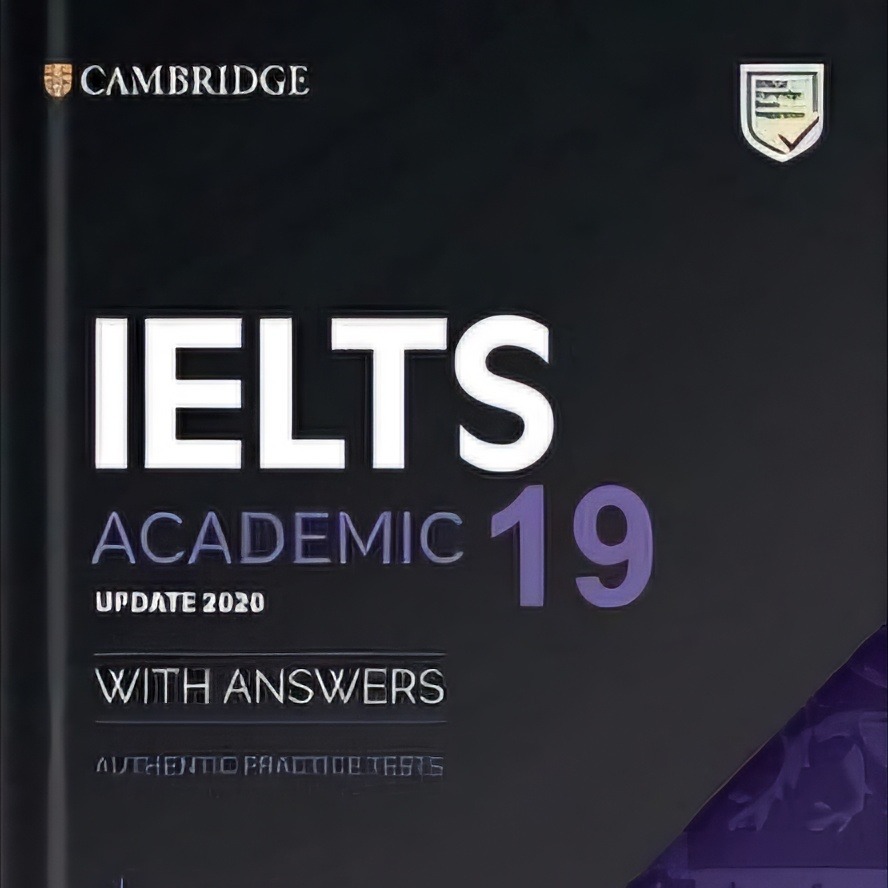
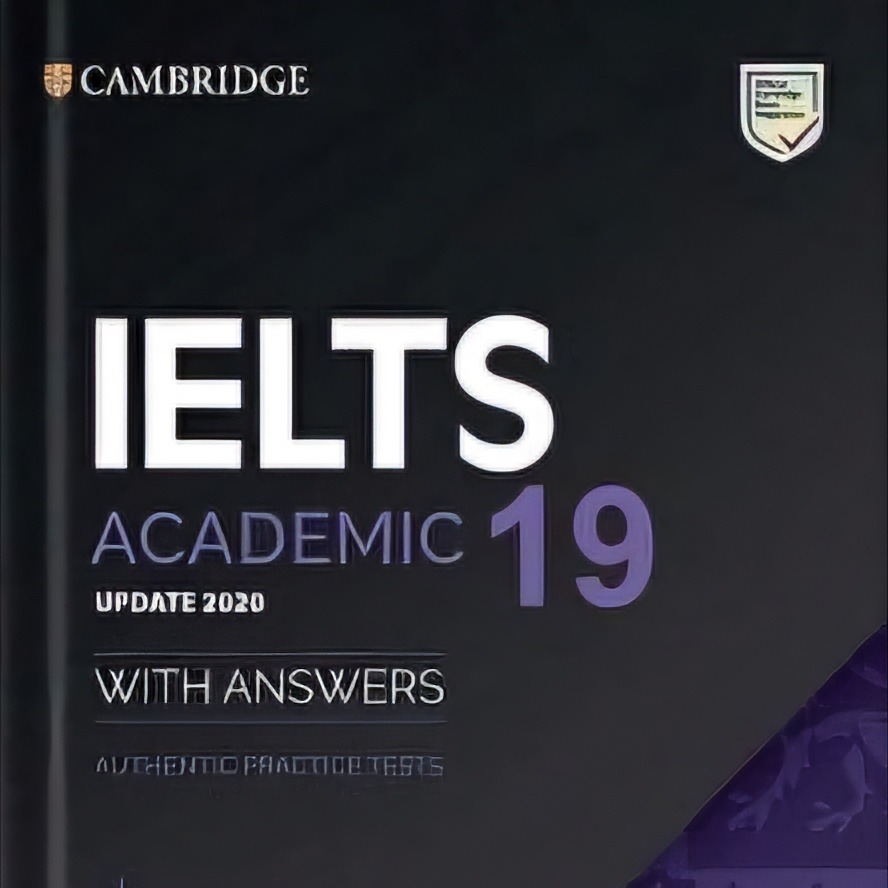
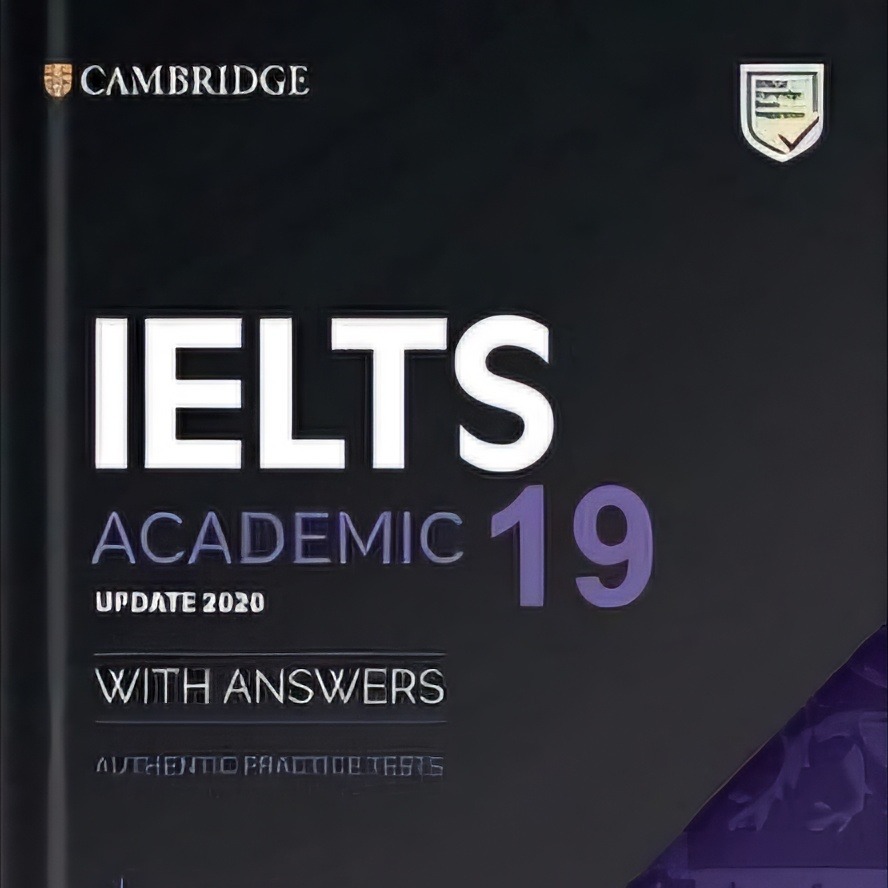
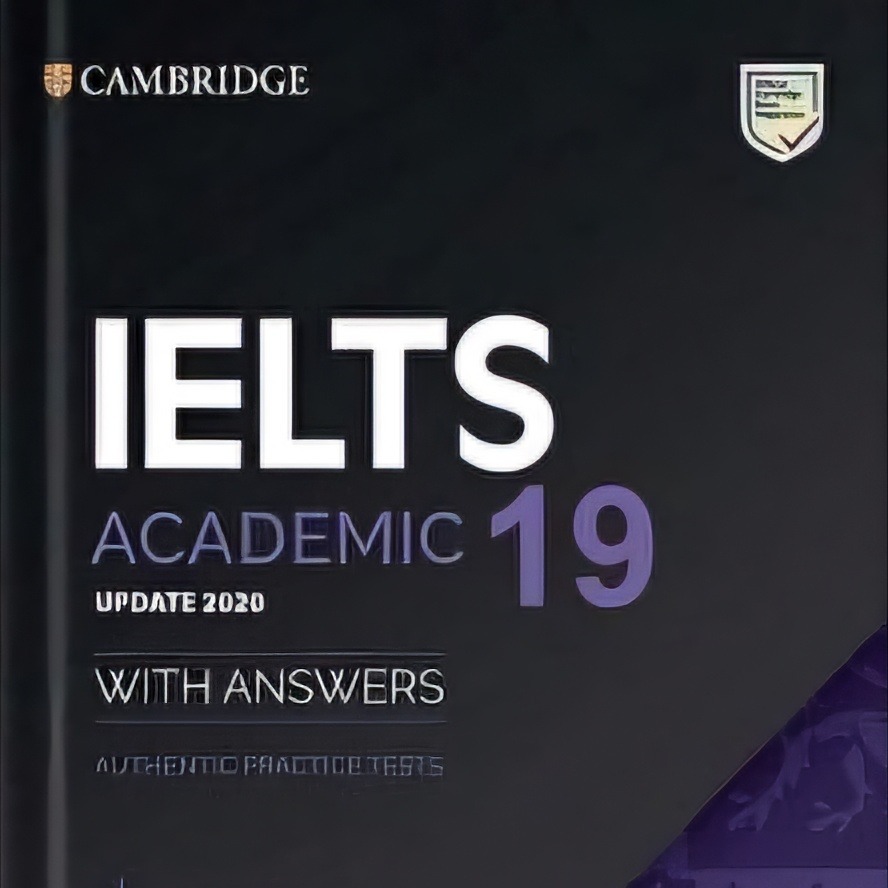
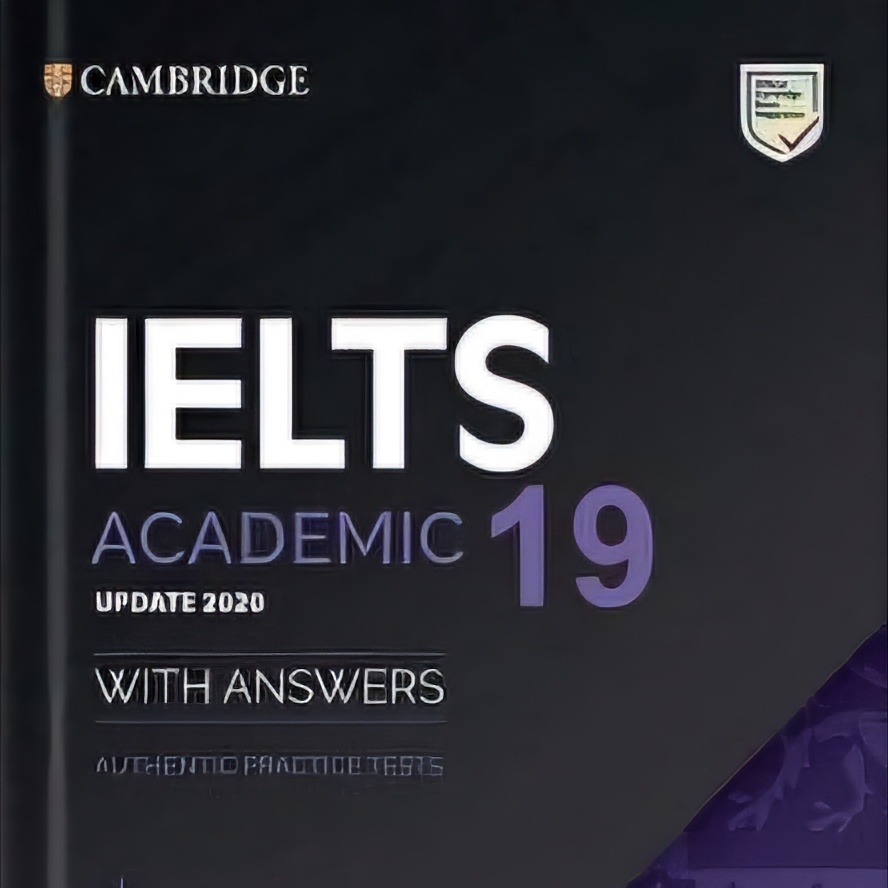
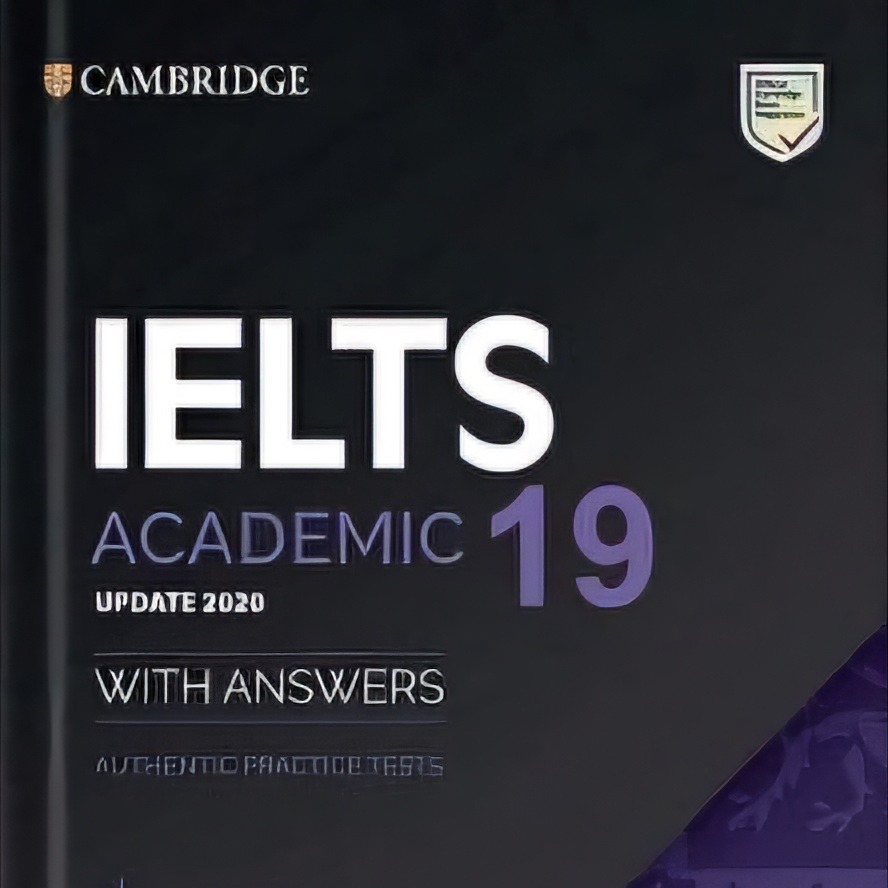
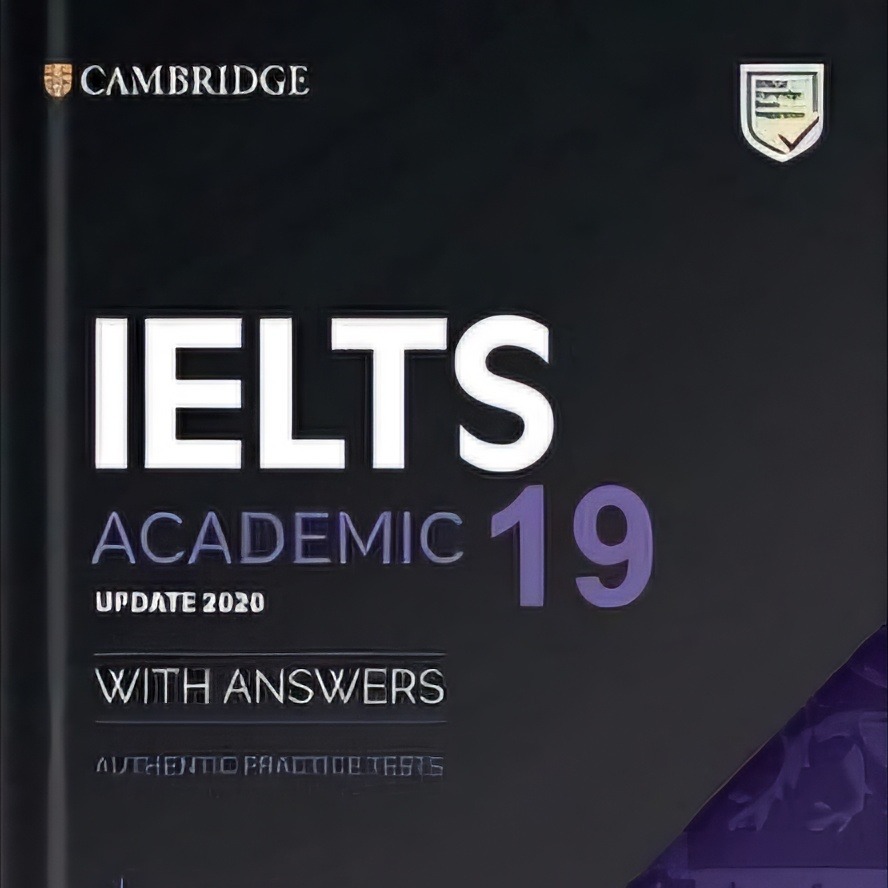
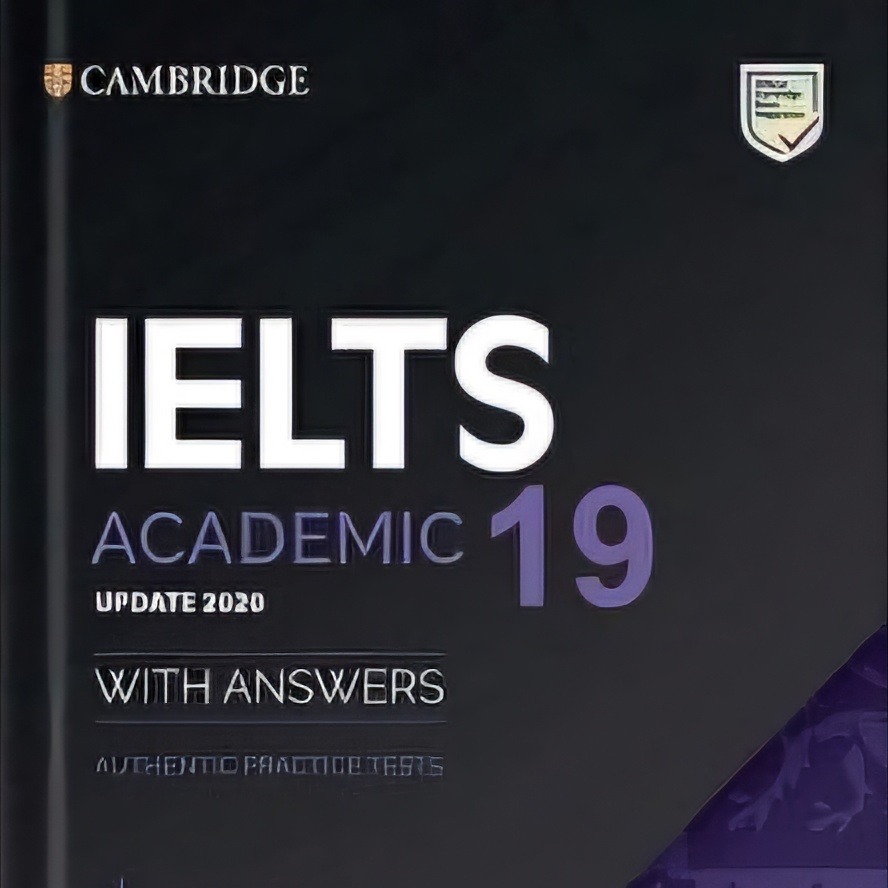
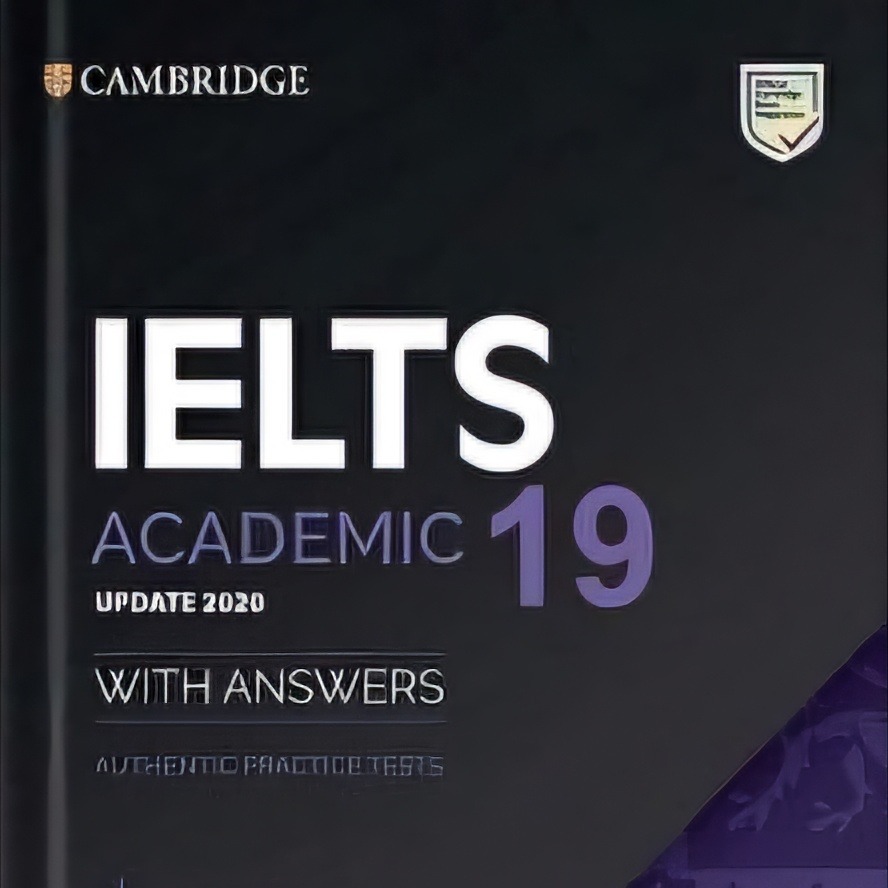
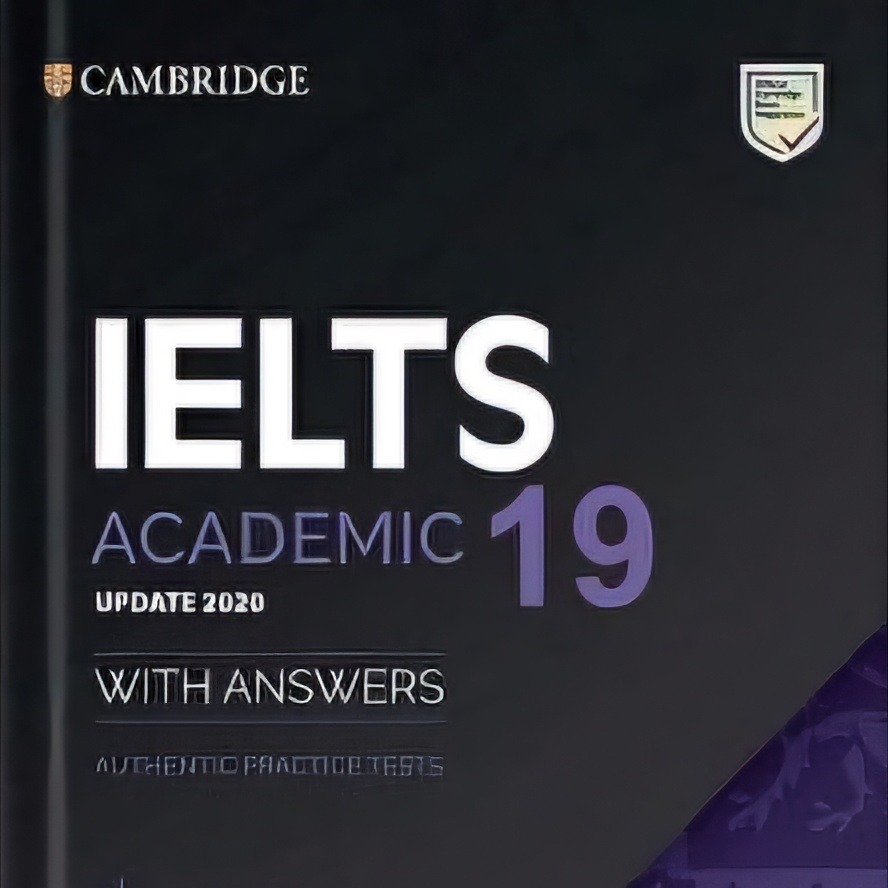
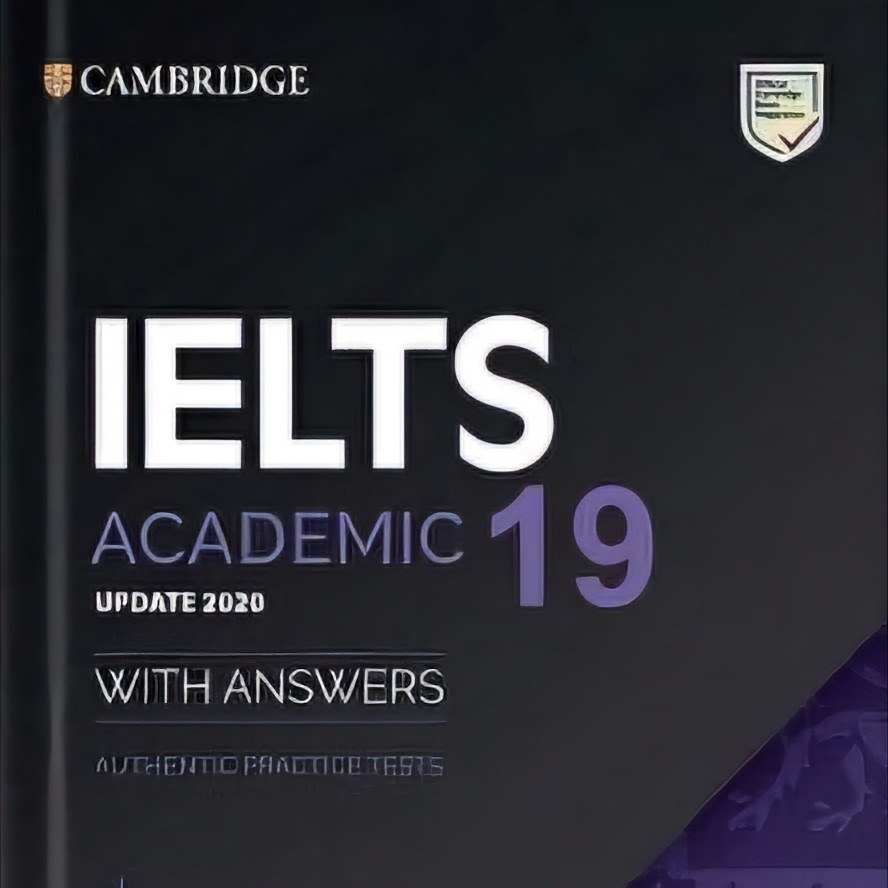
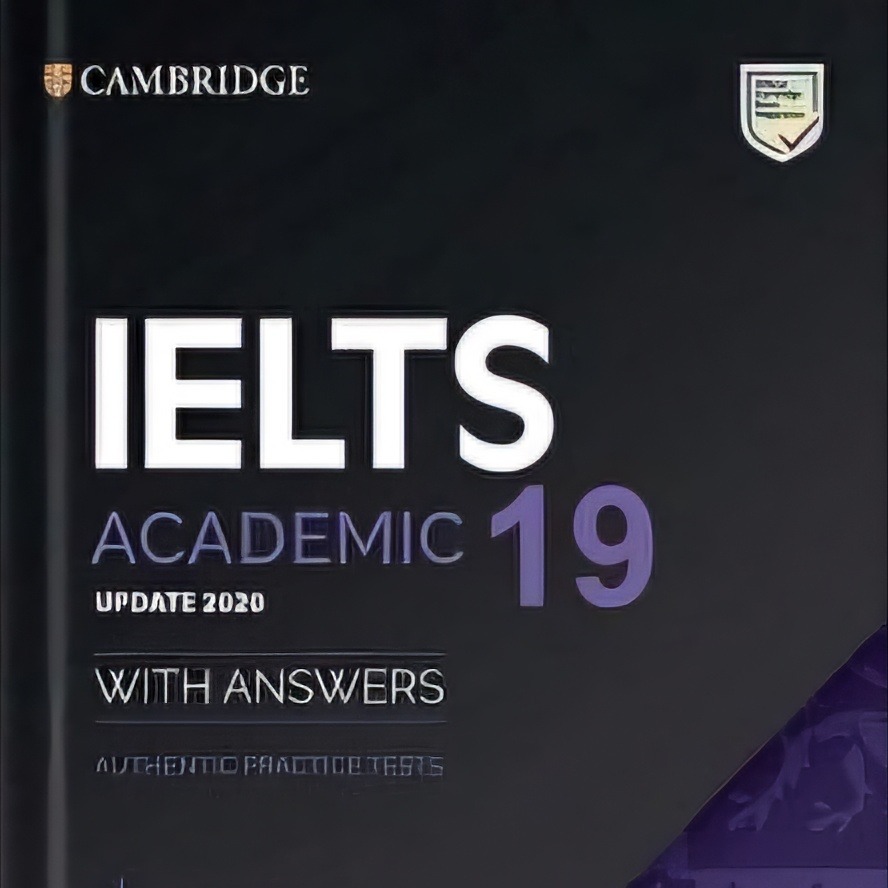
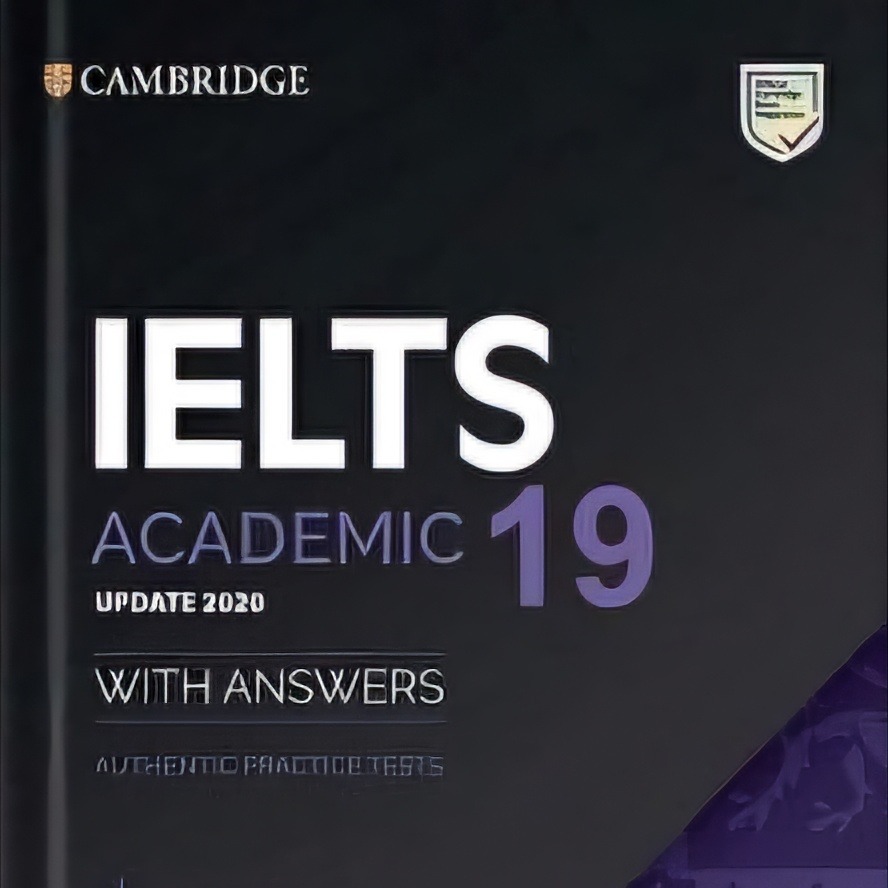
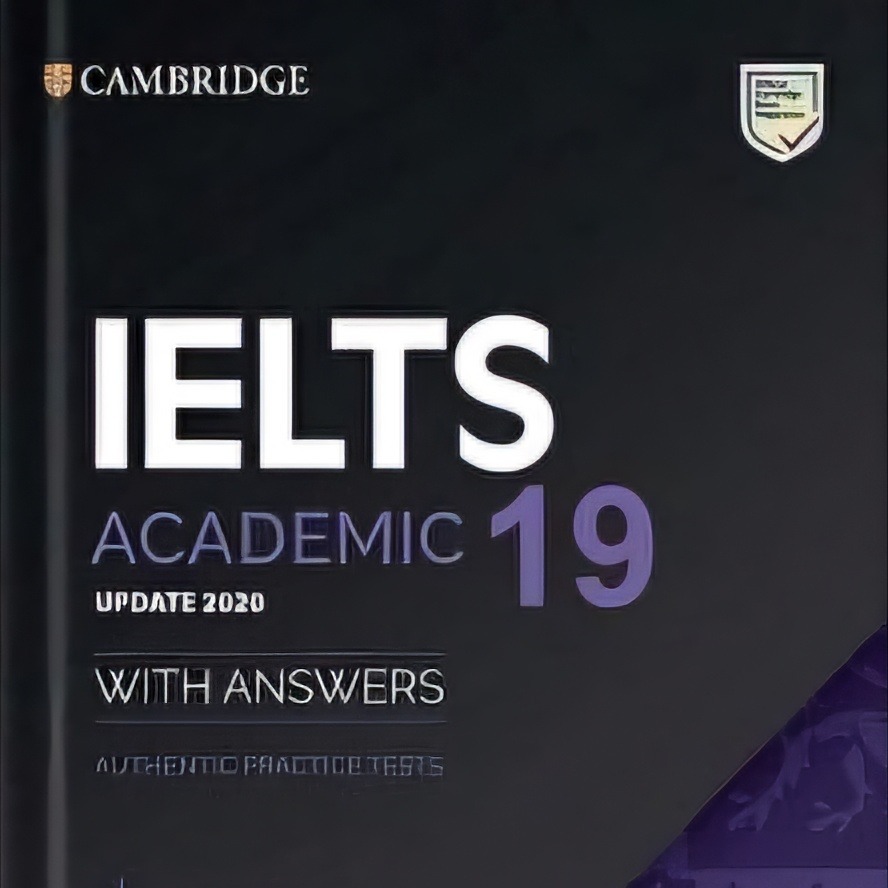
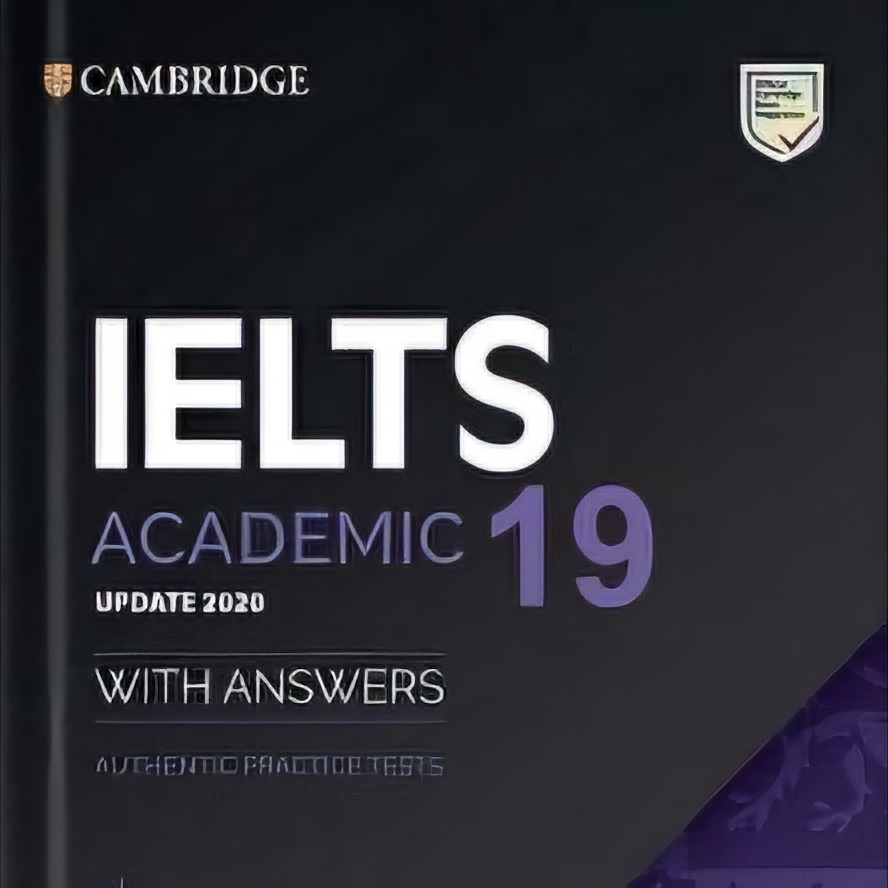
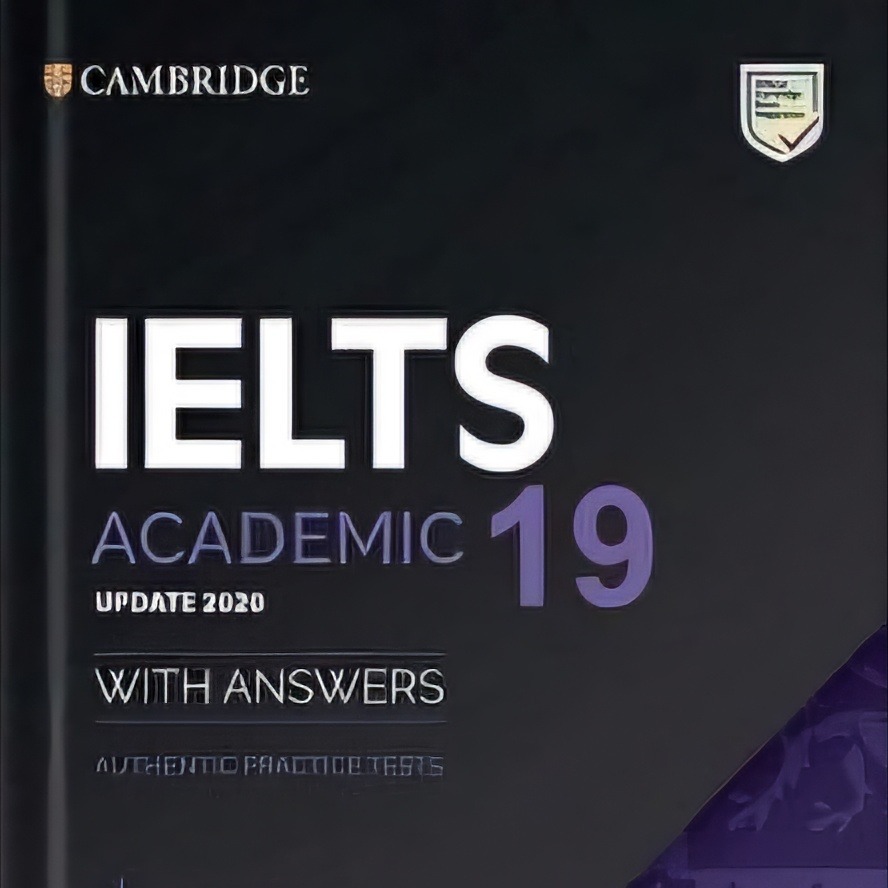







it's not complete. it doesn't include questions 37_40
thanks
Would you mind to add 19 Cambridge book in here?
very good.thanks
hello please add other Cabridge Ielts book 1 to 5 and 19
it was marvellous
could you please share listening cambridge 1 to 5 on page ?thanks
😍🙏😍 Thanks
SECTION 4 Producing enough energy to meet our needs has become a serious problem. Demand is rising rapidly, because of the world’s increasing population and expanding (Q31) industry. Burning fossil fuels, like gas, coal and oil, seriously damages the environment and they’ll eventually run out. For a number of years now, scientists have been working out how we can derive energy from renewable sources, such as the sun and wind, without causing pollution. Today I’ll outline marine renewable energy – also called ocean energy – which harnesses the movement of the oceans. Marine renewable energy can be divided into three main categories: wave energy, tidal energy and ocean thermal energy conversion, and I’ll say a few words about each one. First, wave energy. Numerous devices have been invented to harvest wave energy, with names such as Wave Dragon, the Penguin and Mighty Whale, and research is going on to try and come up with a really efficient method. This form of energy has plenty of pote
TUTOR: OK, so what I’d like you to do now is to talk to your partner about your presentations on urban planning. You should have done most of the reading now, so I’d like you to share your ideas, and talk about the structure of your presentation and what you need to do next. CARLA: OK Rob. I’m glad we chose quite a specific topic – cities built next to the sea. It made it much easier to find relevant information. ROB: Yeah. And cities are growing so quickly – I mean, we know that more than half the world’s population lives in cities now. CARLA: Yeah, though that’s all cities, not just ones on the coast. But (Q21) most of the biggest cities are actually built by the sea. I’d not realised that before. ROB: Nor me. And what’s more, a lot of them are built at places where rivers come out into the sea. But apparently this can be a problem. CARLA: Why? ROB: Well, as the city expands, agriculture and indu
Good morning everyone. My name’s Janet Parker and I’m the human resources manager. We’re very happy to welcome you to your new apprenticeship. I hope that the next six months will be a positive and enjoyable experience for you. I’d like to start with some general advice about being an apprentice. Most of you have very little or no experience of working for a big organisation and the first week or so may be quite challenging. There will be a lot of new information to take in but don’t worry too much about trying to remember everything. The important thing is to (Q11) check with someone if you’re not sure what to do – you’ll find your supervisor is very approachable and won’t mind explaining things or helping you out. You’re here to learn so make the most of that opportunity. You’ll be spending time in different departments during your first week so make an effort to (Q12) talk to as many people as possible about their work – you’ll make some new friends and find out lots of useful infor
OFFICER: Good morning. What can I do for you? LOUISE: I want to report a theft. I had some things stolen out of my bag yesterday. OFFICER: I’m sorry to hear that. Right, so I’ll need to take a few details. Can I start with your name? LOUISE: Louise Taylor. (Example) OFFICER: OK, thank you. And are you resident in the UK? LOUISE: No, I’m actually Canadian (Q1). Though my mother was British. OFFICER: And your date of birth? LOUISE: December 14th, 1977. OFFICER: So you’re just visiting this country? LOUISE: That’s right. I come over most summers on business. I’m an interior designer and I come over to buy old furniture (Q2), antiques you know. There are some really lovely things around here, but you need to get out to the small towns. I’ve had a really good trip this year, until this happened. OFFICER: OK. So you’ve been here quite a while? LOUISE: Yes, I’m here for two months. I go
Labyrinths have existed for well over 4,000 years. Labyrinths and labyrinthine symbols have been found in regions as diverse as modern-day Turkey, Ireland, Greece, and India. There are various designs of labyrinth but what they all have in common is a winding spiral path which leads to a central area. There is one starting point at the entrance and the goal is to reach the central area. Finding your way through a labyrinth involves many twists and turns, but it’s not possible to get lost as there is only one single path. In modern times, the word labyrinth has taken on a different meaning and is often used as a synonym for a maze. A maze is quite different as it is a kind of puzzle (Q31) with an intricate network of paths. Mazes became fashionable in the 15th and 16th centuries in Europe, and can still be found in the gardens of great houses and palaces. The paths are usually surrounded by thick, high hedges so that it’s not possible to see over them. Entering a maze usually involves g
DIANA: OK, I suppose. TIM: Do you remember what they told us about pet food and the fact that there’s such limited checking into whether or not it’s contaminated? I mean in comparison with the checks on food for humans – I thought that was terrible. (Q28) DIANA: Mm. I think the module that really impressed me was the animal disease one, when we looked at domesticated animals in different parts of the world, like camels and water buffalo and alpaca. The economies of so many countries depend on these, but scientists don’t know much about the diseases that affect them. (Q29) TIM: Yes, I thought they’d know a lot about ways of controlling and eradicating those diseases, but that’s not the case at all. I loved the wildlife medication unit. Things like helping birds that have been caught in oil spills. That’s something I hadn’t thought about before. DIANA: Yeah, I thought I might write my dissertation on something connected with that. (Q30) TIM:
TIM: I asked my farmer how much he depended on the vet to deal with health problems. I’d read reports that the livestock’s health is being affected as farmers are under pressure to increase production. Well, he didn’t agree with that, but he said that actually some of the stuff the vets do, like minor operations, he’d be quite capable of doing himself. (Q26) DIANA: Yeah. My farmer said the same. But he reckons vets’ skills are still needed. ————————————- DIANA: Now we’ve got to give a bit of feedback about last term’s modules – just short comments, apparently. Shall we do that now? TIM: OK. So medical terminology. DIANA: Well, my heart sank when I saw that, especially right at the beginning of the course. And I did struggle with it. TIM: I’d thought it’d be hard, but actually I found it all quite straightforward (Q27). What did you think about diet and nutrition?
DIANA: Mostly, yes. They’re quite big and solid. TIM: My farm was up in the hills and they had a different breed of sheep, they were Cheviots. DIANA: Oh, I heard their wool’s really sought after. TIM: Yes. It’s very hardwearing and they use it for carpets. DIANA: Right. TIM: I was interested in the amount of supplements they add to animals’ feed nowadays. Like, even the chickens got extra vitamins and electrolytes in their feed. DIANA: Yes, I found that too. And they’re not cheap. But my farmer said some are overpriced for what they are. And he didn’t give them as a matter of routine, just at times when the chickens seemed to particularly require them. (Q24) TIM: Yes, mine said the same. He said certain breeds of chickens might need more supplements than the others, but the cheap and expensive ones are all basically the same. DIANA: Mm. TIM: So did your farm have any other livestock, Diana? DIANA: Yes, dairy cows. I made a reall
DIANA: So, Tim, we have to do a short summary of our work experience on a farm. TIM: Right. My farm was great, but arranging the work experience was hard (Q21). One problem was it was miles away and I don’t drive. And also, I’d really wanted a placement for a month, but I could only get one for two weeks. DIANA: I was lucky, the farmer let me stay on the farm so I didn’t have to travel. But finding the right sort of farm to apply to wasn’t easy. TIM: No, they don’t seem to have websites, do they. I found mine through a friend of my mother’s, but it wasn’t easy. DIANA: No. TIM: My farm was mostly livestock, especially sheep. I really enjoyed helping out with them. I was up most of one night helping a sheep deliver a lamb … (Q22) DIANA: On your own? TIM: No, the farmer was there, and he told me what to do. It wasn’t a straightforward birth, but I managed. It was a great feeling to see the lamb stagger to its feet and start feeding almost straig
The engine on the boat makes quite a lot of noise so before we head off, let me tell you a few things about what you’re going to see. This area is famous for its ancient lighthouse, which you’ll see from the boat as we turn past the first little island. It was built in 1838 to protect sailors as a number of shipwrecks had led to significant loss of life (Q15/16). The construction itself was complicated as some of the original drawings kept by the local council show. It sits right on top of the cliffs in a very isolated spot. In the nineteenth century there were many jobs there, such as polishing the brass lamps, chopping firewood and cleaning windows, that kept lighthouse keepers busy. These workers were mainly prison convicts until the middle of that century when ordinary families willing to live in such circumstances took over. (Q15/16) Some of you have asked me what creatures we can expect to see. I know everyone loves the penguins, but they’re very shy and, unfortunately, tend to h
So, hello everyone. My name’s Lou Miller and I’m going to be your tour guide today as we take this fantastic boat trip around the Tasmanian coast. Before we set off, I just want to tell you a few things about our journey. Our boats aren’t huge as you can see. We already have three staff members on board and on top of that, we can transport a further fifteen people – that’s you – around the coastline. But please note if there are more than nine people on either side of the boat, we’ll move some of you over (Q11), otherwise all eighteen of us will end up in the sea! We’ve recently upgraded all our boats. They used to be jet black, but our new ones now have these comfortable dark red seats and a light-green exterior (Q12) in order to stand out from others and help promote our company. This gives our boats a rather unique appearance, don’t you think? We offer you a free lunchbox during the trip and we have three types. Lunchbox 1 contains ham and tomato sandwiches. Lunchbox 2 contains a ch
PETER: Then as I said, we have a programme of events as well, both at the weekend, and during the week. JAN: Right. I presume you have guided walks? I’d like to get to know the local countryside, as I’m new to the area. PETER: Yes, we do. The next walk is to Ruston Island, a week on Saturday. We’ll be meeting in the car park at Dunsmore Beach at low tide – that’s when the sands are dry enough for us to walk to the island (Q6) without getting wet. JAN: Sounds good. PETER: The island’s a great place to explore. It’s quite small, and it’s got a range of habitats. It’s also an ideal location for seeing seals just off the coast, or even on the beach. JAN: OK. And is there anything we should bring, like a picnic, for instance? PETER: Yes, do bring one, as it’s a full-day walk. And of course it’ll be wet walking across and back, so make sure your boots (Q7) are waterproof. JAN: I must buy a new pair – there’s a hole in one of my current ones! Well,